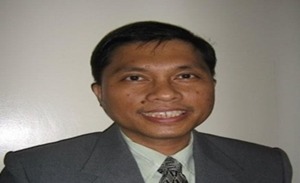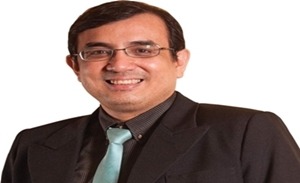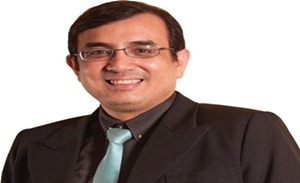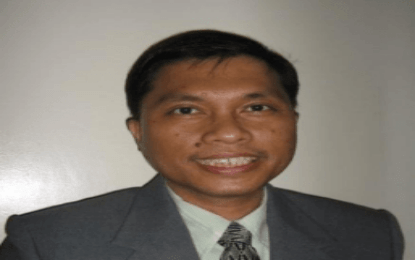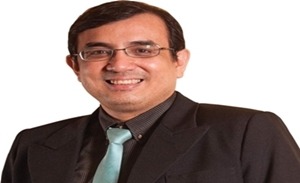OBLIQUE OBSERVATIONS
By Atty. Gilberto Lauengco, J.D.
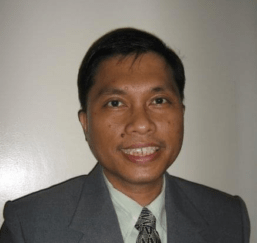
There is a recent call by a motorcycle rights group to hold a so-called “Unity Ride for Equality and the Preservation of Life.” Despite its title, the event is clearly a protest ride against the implementation of the No Contact Apprehension Policy (NCAP). Last Monday, transport groups also staged a protest caravan against the aforesaid NCAP implementation. Apparently, motorcycle groups and transport groups are clearly organizing to protest this new iteration of NCAP enforcement.
One of the main complaints of the motorcycle groups is that the NCAP policy allegedly prevents them from utilizing “underutilized” open lanes. Specifically, these groups are citing the bicycle lanes, the PUV lanes and the lanes for four-wheel vehicles, which at times are allegedly not as congested as the motorcycle lane. In addition, this is the same complaint that motorists even those of the four-wheel variety use when they do illegal counterflow in small streets. The other lane is underutilized so they must be allowed to do illegal counterflows.
The other related complaint is that fixing them in a single lane prevents them from weaving in and out of other lanes, which is more convenient for them. This particular logic is ridiculous and self-centered. Weaving in and out of traffic is dangerous and increases the possibilities of collision and even road rage as evidenced by recent incidents of road rage have shown. This kind of thinking is the same twisted logic that people use when they illegally use lines for senior citizens or PWDs or when they park on spaces reserved for senior citizens or PWDs. Despite the clear rules against illegal use of these lanes or spaces, many feel entitles to use the same since it is not used all the time.
It must again be reiterated that the rules for these lanes have long been in place. The NCAP only makes enforcement more efficient. Essentially, the argument can be simplified as motorcycles and PUVs in the past could occasionally get away with violating the rules and NCAP makes it impossible to violate the rules. As such, NCAP must be scrapped to allow them to violate the rules because these rules inconvenience them. Stripped down, their arguments can be exposed as a clear attempt to force a return to the chaotic situation where their shortcut mentality can thrive.
Unfortunately, we cannot allow this culture of rule bending to continue forever. The NCAP issue deals with a larger issue of our ability to do an incremental system of social engineering. If we allow a situational application of rules and a system where the ability to evade enforcement is rewarded to continue then we will perpetuate this culture of chaos to remain indefinitely. Poverty and inconvenience are not get out of jail a free card. Highways are shared spaces which require sacrifice. Admittedly, some will need to sacrifice more but as long as the rules are evenly and universally applied then it is not discriminatory. NCAP is not anti-poor because it essentially allows PUV’s more use as long as their drivers follow the rules.
Filipinos have shown that when they are in an environment where rules are enforced strictly, they can adhere to the same. In Taiwan, there are violations of rules, such as driving under the influence of alcohol, which will automatically cause deportation for the overseas worker no exceptions. This rule is known by all OFWs and in general violations are rare. Why can’t we impose that in our own country. If technology and lack of human intervention except in review is what it takes, then let us support the use of technology to instill discipline. Let us put more cameras and not less to monitor all sorts of violations which could include littering and even jaywalking. Let us increase the fines not lessen it.
Instead of retreating, we as a nation must push forward with more draconian measures to finally instill discipline and an internalized compulsion to follow the rules and avoid shortcuts no matter the consequence. If we have to drag recalcitrant rule-breaking members of our society kicking and screaming towards a more disciplined and orderly system, we must do so for all our sake. If we push onward with more measures maybe we can finally have order in our society.
NCAP must be retained. Let government tweak and adjust it but it must be retained.

